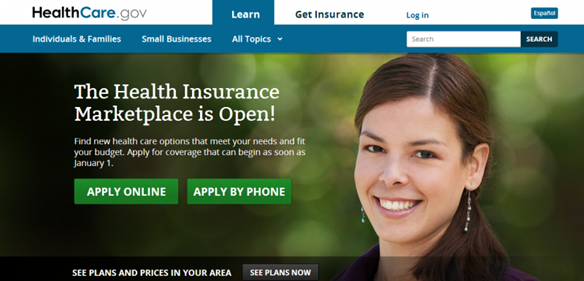AARP Hearing Center

The Obama administration confirmed to The Washington Post that it is indeed tweaking the way the individual mandate works as to not penalize anyone who purchases coverage during this first open enrollment period.
It's not quite right to describe this as a delay of the individual mandate, or an extension of open enrollment. There will still be a requirement to carry insurance coverage in 2014, and open enrollment still ends on March 31, 2014 -- two facts that are true now and were true yesterday.
Before getting to what the change is, two pieces of information are helpful to keep in mind. First is the open enrollment period: The health care law's open enrollment period runs from Oct. 1, 2013 through March 31, 2014. During those six months, shoppers can purchase coverage through HealthCare.gov. On April 1 though, they're out of luck -- and have to wait until 2015 to purchase a health insurance plan.
Second is the individual mandate: Under federal regulations, anyone who has a gap in coverage three months or longer has to pay a tax penalty. If you go without coverage for one month, the federal government gives you a pass. But if you are uncovered for at least one day in three separate months -- January, February and March, for example -- the federal government will fine you.
This created a bit of a weird misalignment that tax firm Jackson Hewitt noticed in mid-October.
It seemed possible, its vice president Brian Haile noted, for someone to buy insurance coverage near the end of open enrollment -- sometime in March, for example -- and have a policy that did not start until April 1. And that could lead to some people purchasing a plan during open enrollment -- but still paying a tax penalty for spending January, February and March without coverage.
"As we understand the interaction between these rules, an uninsured taxpayer eligible for the tax credits must have coverage effective by March 1, 2014 to avoid the penalties," Â Haile wrote on Oct. 8. "To ensure that they have coverage effective on March 1st, taxpayers must enroll in their qualified health plans and pay their premiums by mid-February."
The Associated Press rreported on Haile's memo the next day and the White House confirmed that, as the regulations were written, shoppers would need to purchase coverage by mid-February to avoid the fine.
What the administration is doing today is probably best described as a tweak to the individual mandate: They are allowing anyone who purchases coverage during open enrollment (up through March 31) to not face a tax penalty for those three months they spent uncovered. This is only true for people who buy coverage through the marketplace.
How much this change had to do with HealthCare.gov's technical problems isn't totally clear. On the one hand, it certainly helps alleviate some of the time pressures on the administration if it can give shoppers six additional weeks to purchase coverage. On the other, it's easy to see this change getting made in any situation. It's confusing to have two separate deadlines, one when the individual mandate kicks in and another when shopping ends. Either way, now those two dates are the same. The mandate kicks in and open enrollment ends for exchange shoppers on March 31.































































